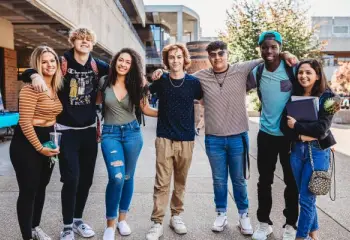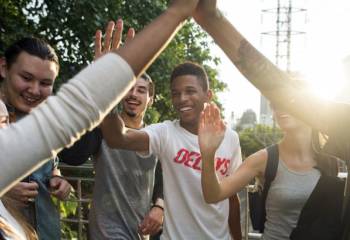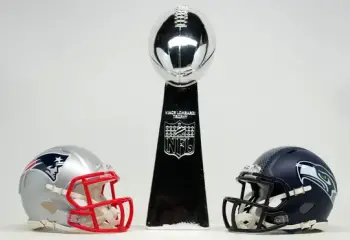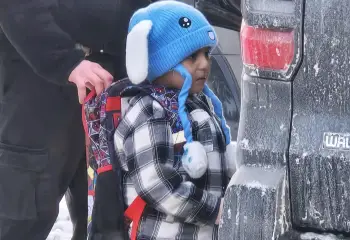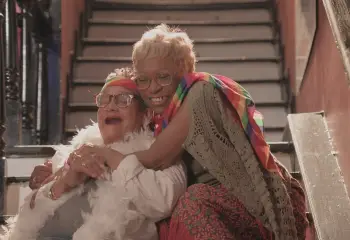For the Greater Good Science Center, “diversity” refers to both an obvious fact of human life—namely, that there are many different kinds of people—and the idea that this diversity drives cultural, economic, and social vitality and innovation. Indeed, decades of research suggest that intolerance hurts our well-being—and that individuals thrive when they are able to tolerate and embrace the diversity of the world.
In North America, the word “diversity” is strongly associated with racial diversity. However, that is just one dimension of the human reality. We also differ in gender, language, manners and culture, social roles, sexual orientation, education, skills, income, and countless other domains. In recent years, some advocates have even argued for recognition of “neurodiversity,” which refers to the range of differences in brain function.
Research shows that differences do make it harder for people to connect and empathize with each other. Navigating differences can be tough, whether in the classroom, the workplace, or our personal relationships—and yet people all over the world do it every day. It’s a prosocial skill, like empathy or forgiveness, that can be developed over a lifetime with intentionality, knowledge, and practice. In diverse societies, cultivating our ability to forge relationships across differences can actually increase our well-being.



